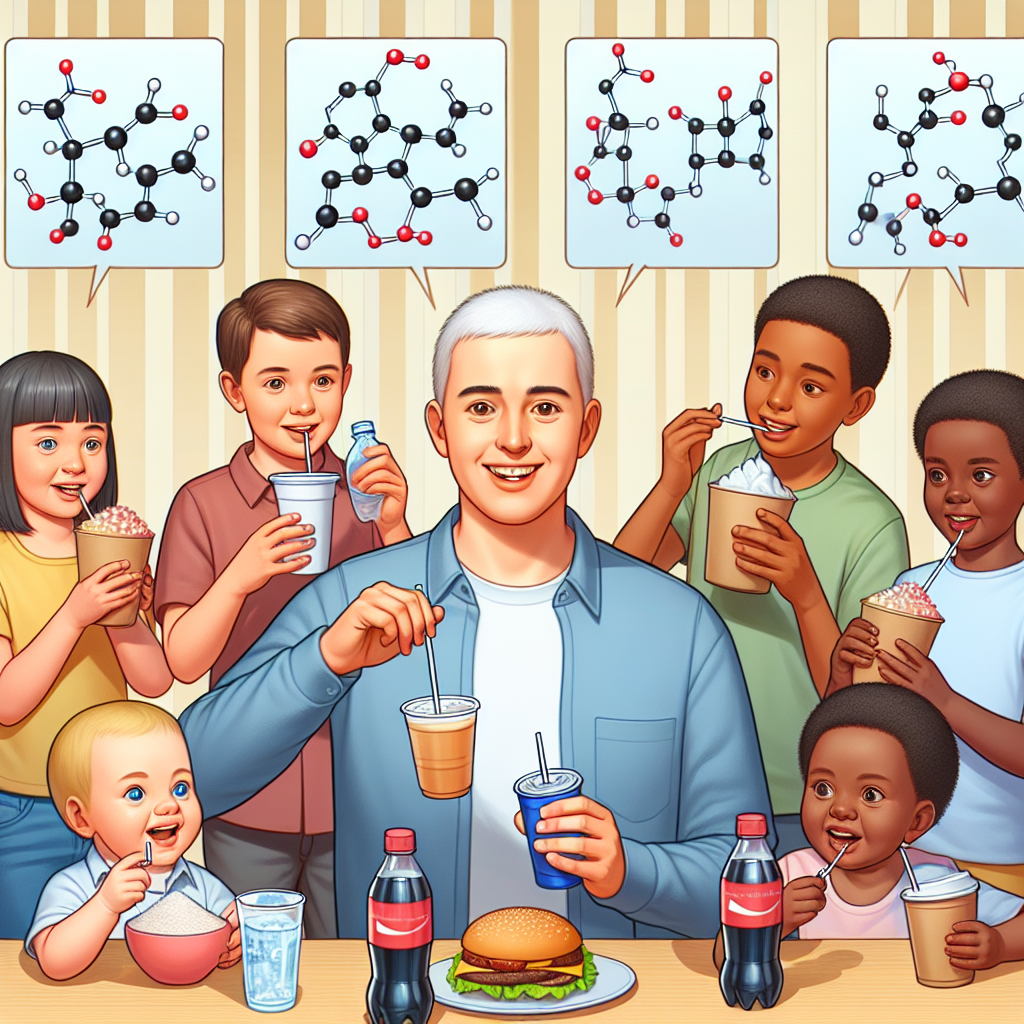
Exploring the Health Impacts of Artificial Sweeteners in Children
In recent years, the consumption of artificial sweeteners has become increasingly common, especially among children. These low-calorie sugar substitutes are frequently found in a variety of food and drink products marketed towards the younger demographic. However, emerging research sheds light on potential health concerns that could arise from their consumption, particularly in relation to children’s developmental health and metabolic processes.
The Rise of Artificial Sweeteners
Artificial sweeteners, including aspartame, sucralose, and saccharin, were initially introduced as a solution to combat the growing epidemic of obesity and related conditions such as type 2 diabetes. These sugar substitutes offer the sweetness of sugar without the associated high caloric content, making them a favored choice in weight management strategies.
Sweeteners in Everyday Consumption
Children are exposed to artificial sweeteners through products such as diet sodas, sugar-free candies, and some types of flavored milk. While these products are often marketed as healthier alternatives due to their lower sugar content, they may introduce other health challenges.
Health Concerns: Beyond the Calories
A study from Taiwan has highlighted that the effects of artificial sweeteners are not limited to calorie counting. Researchers found that common sweeteners may be linked to early onset of puberty in children, a condition associated with several long-term health risks. The study suggests that sweeteners can lead to hormonal imbalances and disturb gut bacteria composition, both of which are crucial during the developmental stages.
Hormonal Imbalance and Puberty
Early puberty is a growing concern as it is linked to various emotional and physical health challenges. Children experiencing early puberty may face greater risks of breast cancer, testicular cancer, and psychological issues during adolescence. The Taiwanese study connects the dots between sweeteners and the onset of puberty, particularly in children possessing specific genetic markers that make them more susceptible to hormonal changes.
Impact on Gut Health
Artificial sweeteners can impact the gut microbiome, which is crucial for digestion and immune function. Disruptions in gut bacteria have been linked to various conditions, such as irritable bowel syndrome, obesity, and even larger metabolic disorders. Since children’s bodies are still developing, introducing substances that alter gut flora could have significant effects on their overall health and well-being.
Scientific Perspectives
Experts advise a cautious approach to artificial sweeteners. While artificial sweeteners may help mitigate sugar intake, their long-term effects are still not fully understood. Parents should monitor their children’s consumption and consider natural alternatives whenever possible.
The U.S. Food and Drug Administration (FDA) continues to regulate and evaluate the safety of artificial sweeteners. However, this research suggests a need for a more nuanced approach to dietary guidelines, particularly those targeting younger audiences.
Recommendations for Parents
- Limit artificial sweeteners in children’s diets and opt for natural sources of sweetness, such as fruits.
- Stay informed about the latest research regarding dietary impacts on children.
- Consult with healthcare professionals if concerns about early puberty or other health issues arise.
The long-term health impacts of artificial sweeteners in children’s diets remain a developing field of research. It’s crucial for parents to approach these products with caution.
Conclusion
As convenient as sugar substitutes may seem, their potential effects on children’s health require careful consideration. Balancing diet with natural ingredients can help mitigate unexpected health risks. Parents and guardians are encouraged to stay informed and proactive about their children’s dietary choices, thereby prioritizing their long-term health and happiness.



